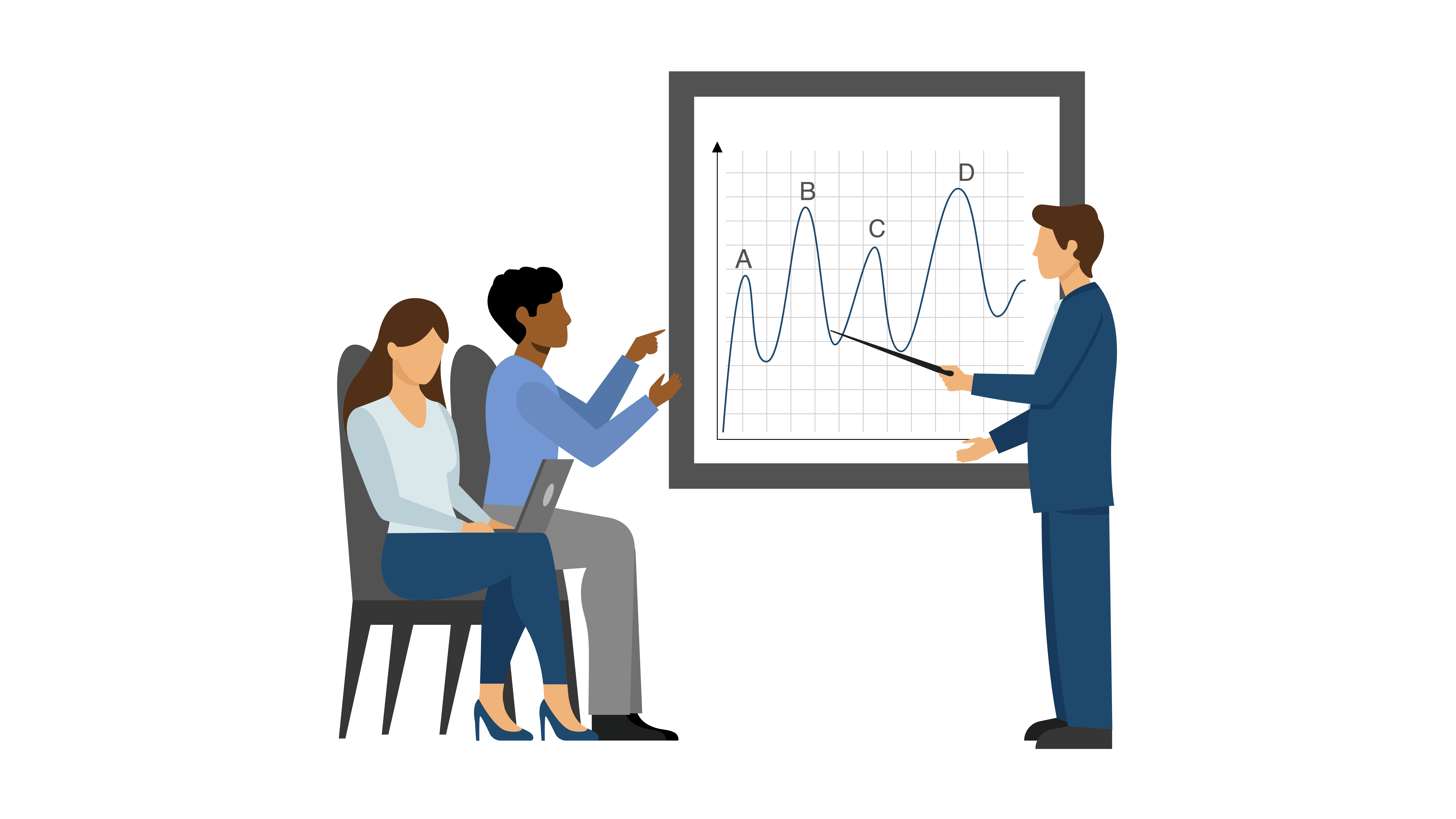All Categories
Featured
Modern companies require an centralized location to store Customer Data Platforms (CDPs). This is a crucial tool. These software applications give the most complete and accurate view of customers, which can be used to focus marketing efforts and enhance the customer experience. CDPs provide a variety of features such as data governance, data quality , and formatting. This ensures that customers are compliant with how they're stored, used and access. CDPs are a great way for companies to collect and store customer data in a CDP lets companies engage with customers and put them at the heart of their marketing initiatives. It also allows you to draw data from different APIs. This article will examine the various aspects of CDPs, and how they aid businesses.
what are cdps
Understanding CDPs: A client data platform (CDP) is a piece of software that allows businesses to collect, store, and manage the customer's information in one central location. This provides a clearer and complete picture of your customer . It also lets you target marketing and customize customer experience.
-
Data Governance: A CDP's ability to protect and control the information being incorporated is among its most important characteristics. This includes profiling, division , and cleansing of incoming data. This ensures that the organization adheres to data laws and regulations.
-
Data Quality: Another crucial aspect of CDPs is to ensure that the information obtained is of the highest quality. This involves ensuring that the data is properly recorded and is of the highest standards of quality. This reduces the need for storage, transformation and cleaning.
-
Data Formatting Data Formatting CDP can also be used to make sure that data is in the predefined format. This permits data types such as dates to be matched across customer data and ensures consistent and logical data entry. what is a customer data platform
-
Data Segmentation: The CDP lets you segment customer data in order better understand customers from different groups. This allows testing different groups against one another and getting the right sample and distribution.
-
Compliance A CDP lets organizations handle customer information in a regulated manner. It allows you to establish security policies and classify data in line with these policies. You may also be able to detect any violations of the policy when making decisions about marketing.
-
Platform Selection: There are different types of CDPs available and it is crucial to know your needs in order to choose the most appropriate platform. This involves considering features such as data privacy , as well as the ability to pull data from different APIs. customer data support platform
-
Making the Customer the Center Making the Customer the Center CDP allows the integration of real-time data about customers. This allows for immediate accuracy of precision, accuracy, and unison which every department in marketing needs to boost efficiency and engage customers.
-
Chat Billing, Chat, and More When you use the help of a CDP It's easy to gain the background you require to have a productive conversation, no matter if it's past chats, billing, or more.
-
CMOs and big data: 61% of CMOs believe they're not making use of enough big data according to the CMO Council. The 360-degree customer view provided by a CDP is an excellent solution to this issue and enable better marketing and customer engagement.
With so lots of different types of marketing innovation out there each one usually with its own three-letter acronym you might wonder where CDPs come from. Although CDPs are among today's most popular marketing tools, they're not a completely new idea. Instead, they're the most recent action in the development of how marketers handle client information and consumer relationships (Customer Data Platform).

For many marketers, the single biggest worth of a CDP is its capability to sector audiences. With the capabilities of a CDP, marketers can see how a single client communicates with their business's various brands, and determine chances for increased customization and cross-selling. Naturally, there's far more to a CDP than segmentation.
Beyond audience division, there are 3 big reasons your business may want a CDP: suppression, personalization, and insights. One of the most interesting things online marketers can do with data is recognize consumers to not target. This is called suppression, and it's part of providing truly tailored customer journeys (Customer Data Platform). When a customer's merged profile in your CDP includes their marketing and purchase information, you can reduce advertisements to clients who have actually already made a purchase.

With a view of every consumer's marketing interactions linked to ecommerce data, website check outs, and more, everybody throughout marketing, sales, service, and all your other groups has the possibility to understand more about each consumer and provide more personalized, appropriate engagement. CDPs can help online marketers deal with the source of much of their greatest day-to-day marketing problems (Cdp Meaning).
When your data is disconnected, it's harder to comprehend your clients and produce meaningful connections with them. As the variety of information sources used by marketers continues to increase, it's more crucial than ever to have a CDP as a single source of truth to bring it all together.
An engagement CDP utilizes consumer information to power real-time customization and engagement for consumers on digital platforms, such as sites and mobile apps. Insights CDPs and engagement CDPs comprise most of the CDP market today. Really few CDPs consist of both of these functions similarly. To choose a CDP, your business's stakeholders need to consider whether an insights CDP or an engagement CDP would be best for your needs, and research study the couple of CDP alternatives that consist of both. Customer Data Support Platform.
Redpoint GlobalLatest Posts
The Benefits of Real-time Data Analysis with a CDP
The Role of CDPs in Creating Personalized Customer Experiences
CDPs and the Role of Data Segmentation in Marketing